Gold Cup 2017: Schedule, teams, TV coverage & guide to the CONCACAF championship
autty 2017-07-07 01:28:00 评论
Mexico and the USA will be the favorites to be crowned champions when the nations of North and Central America and the Caribbean meet
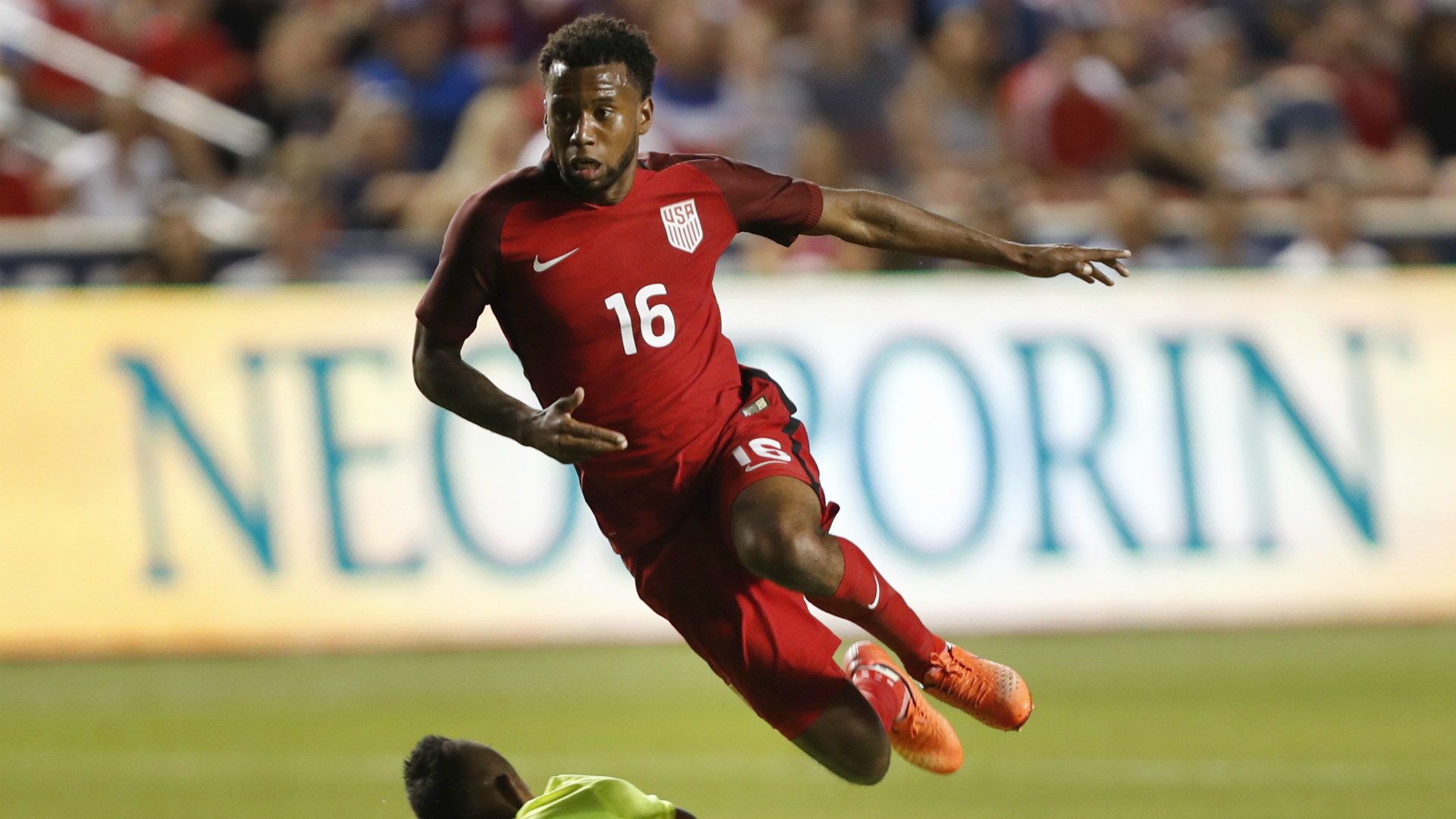
Mexico and the USA will be the favorites to be crowned champions when the nations of North and Central America and the Caribbean meet
The top teams in North and Central America and the Caribbean will battle it out for continental supremacy this summer as the Gold Cup returns for its 14th edition.
Currently held every two years in the United States — with an occasional co-host — the reigning champions are Mexico, who beat Jamaica in the 2015 final.
El Tri have won three of the past four tournaments, with only the USA breaking up their recent dominance and Canada the only nation aside from that big two to have ever won the trophy.
Costa Rica will hope to change that this year, while Honduras and Panama can also be considered outside shots to go all the way.
With the Gold Cup set to kick off July 7 and run until July 26, Goal has your complete guide to the tournament ahead.
GOLD CUP GROUPS
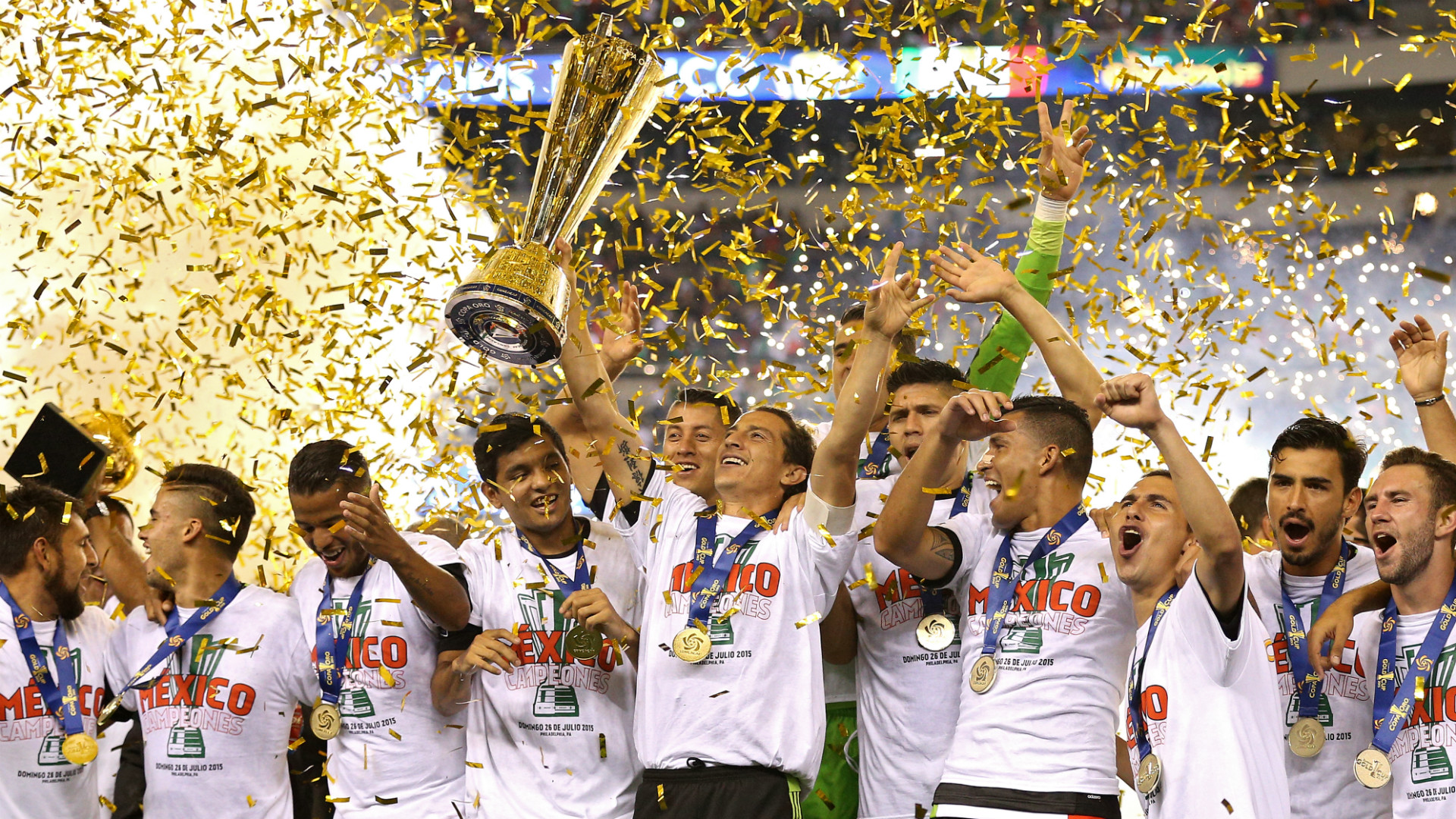
The teams that finish first and second in each group progress to the knockout stage automatically.
The teams that finish third in each group are then ranked by points, with goal difference, goals scored and the drawing of lots used as tiebreakers in that order. The top two third-place finishers also progress to the knockout stage.
WHO ARE THE STAR PLAYERS?
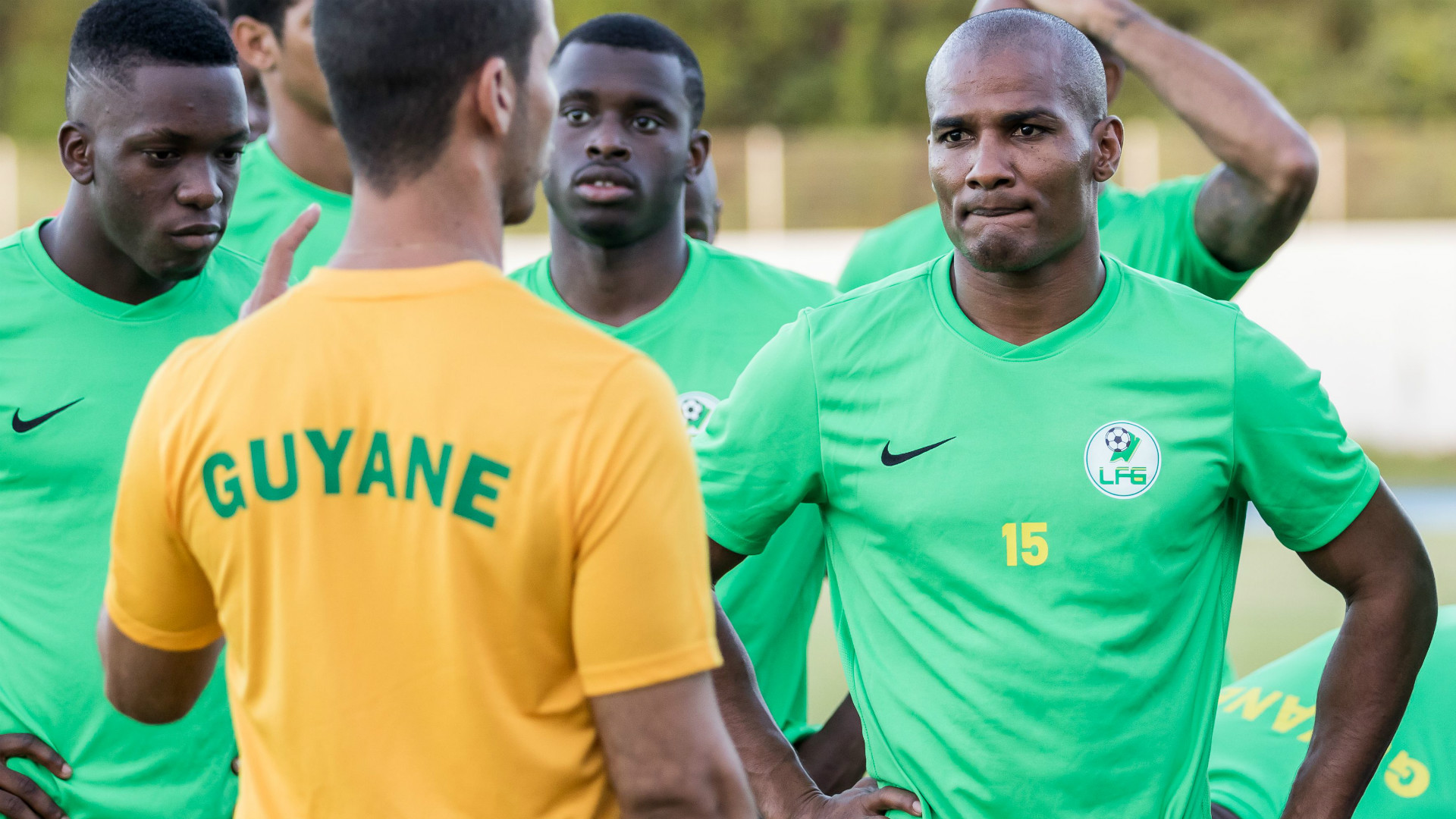
As mentioned, Mexico and the USA have won all but one of these tournaments but things could be made more interesting this year due to the fact that both countries have decided to experiment with their squads.
There will be no Javier Hernandez, Andres Guardado or Hector Herrera for the Mexicans, who have selected a group — with one exception — based exclusively in Liga MX as a result of their key players' participation at the Confederations Cup.
They were dealt a further blow when striker Alan Pulido suffered a fractured arm in a pre-tournament friendly, which resulted in that one exception being called up in Erick Torres of MLS' Houston Dynamo.
Torres, known as Cubo, has scored 12 goals in 17 games this season and could lead the line in Pulido's absence, while defender Edson Alvarez is promising.
Bruce Arena has only named two players based in Europe in his USA squad: Matt Miazga of Chelsea and Eric Lichaj of Nottingham Forest.
Even some of America's top MLS-based players, such as Jozy Altidore and Michael Bradley, have also been left at home — at least until the knockout stage, when each team is able to make six changes to their squad.
Young midfielders Kellyn Acosta and Cristian Roldan should provide plenty of energy in the middle of the park, though, and Dom Dwyer may lead the line with the highly touted Jordan Morris struggling for form this season.
Costa Rica should be genuine challengers, particularly as they have picked a strong squad that includes the likes of Joel Campbell, Bryan Ruiz and Bryan Oviedo, though Keylor Navas will sit the tournament out.
Then there is Florent Malouda — yes, that one. The ex-Chelsea and France star has signed up to play for his birthplace of French Guiana, who he is eligible to switch to because of their status as a territory of France and non-FIFA association.
WHO ARE THE FAVORITES?
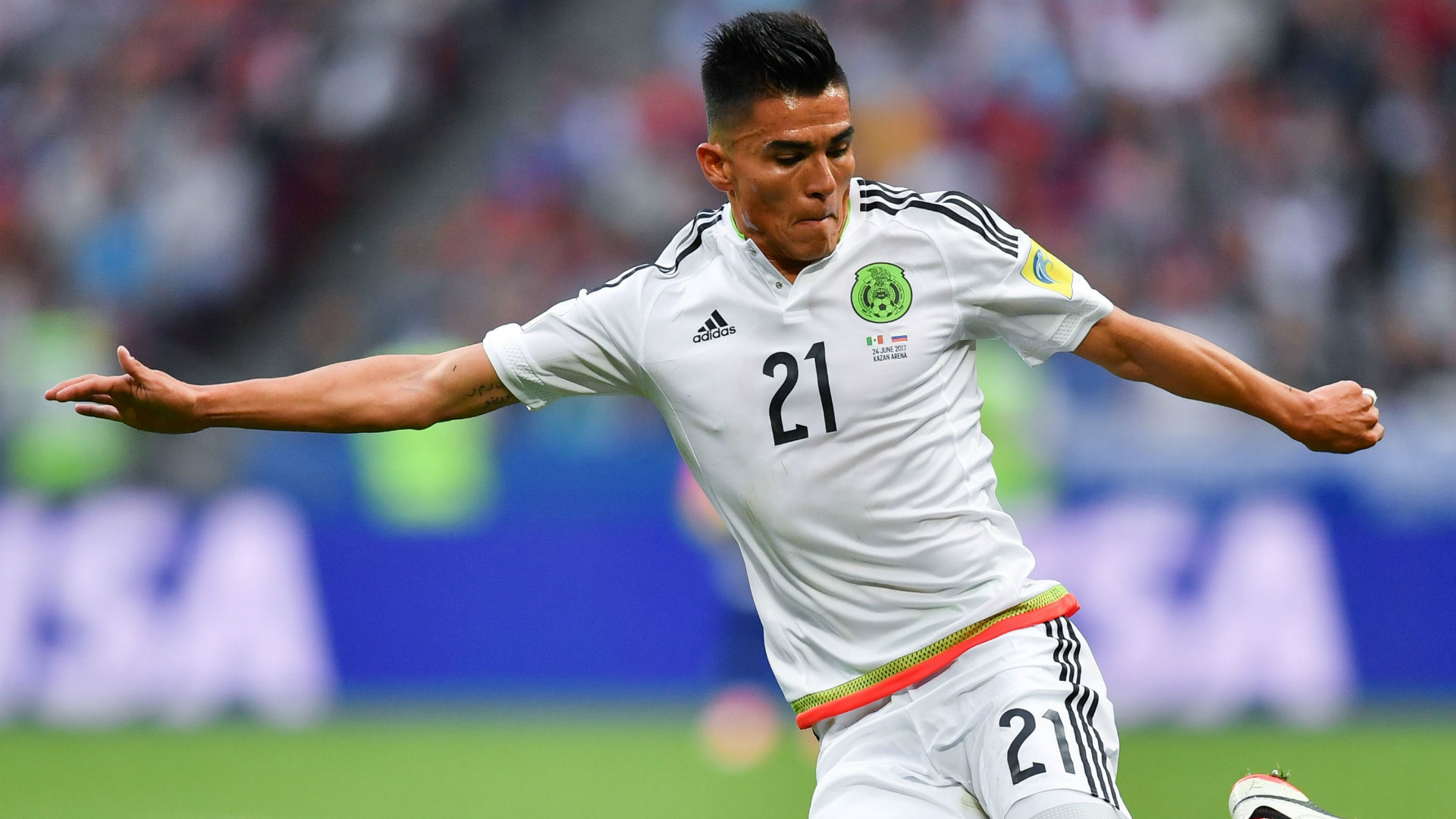
Mexico and the USA are rated very similarly, with the former narrow favorites according to some bookmakers at about 27/20 compared to the Americans' 7/4.
The search for an American Neymar
Costa Rica follows after that at around 6/1, with Panama rated at 20/1. Then there is a group of three outside shots between 33/1 and 60/1 in Honduras, Jamaica and Canada, with the other five teams rank outsiders of 150/1 or longer.
WHICH STADIUMS WILL BE USED?
Fourteen stadiums have been selected for this year's tournament. Nine will be used for the group stage, where there will be three matchdays for each group and the two games on each matchday played back-to-back at the same venue.
The other five stadiums will be used for the knockout stage. Two will host back-to-back quarterfinal ties, and the other three will host one match — either one of the two semifinals or the final.
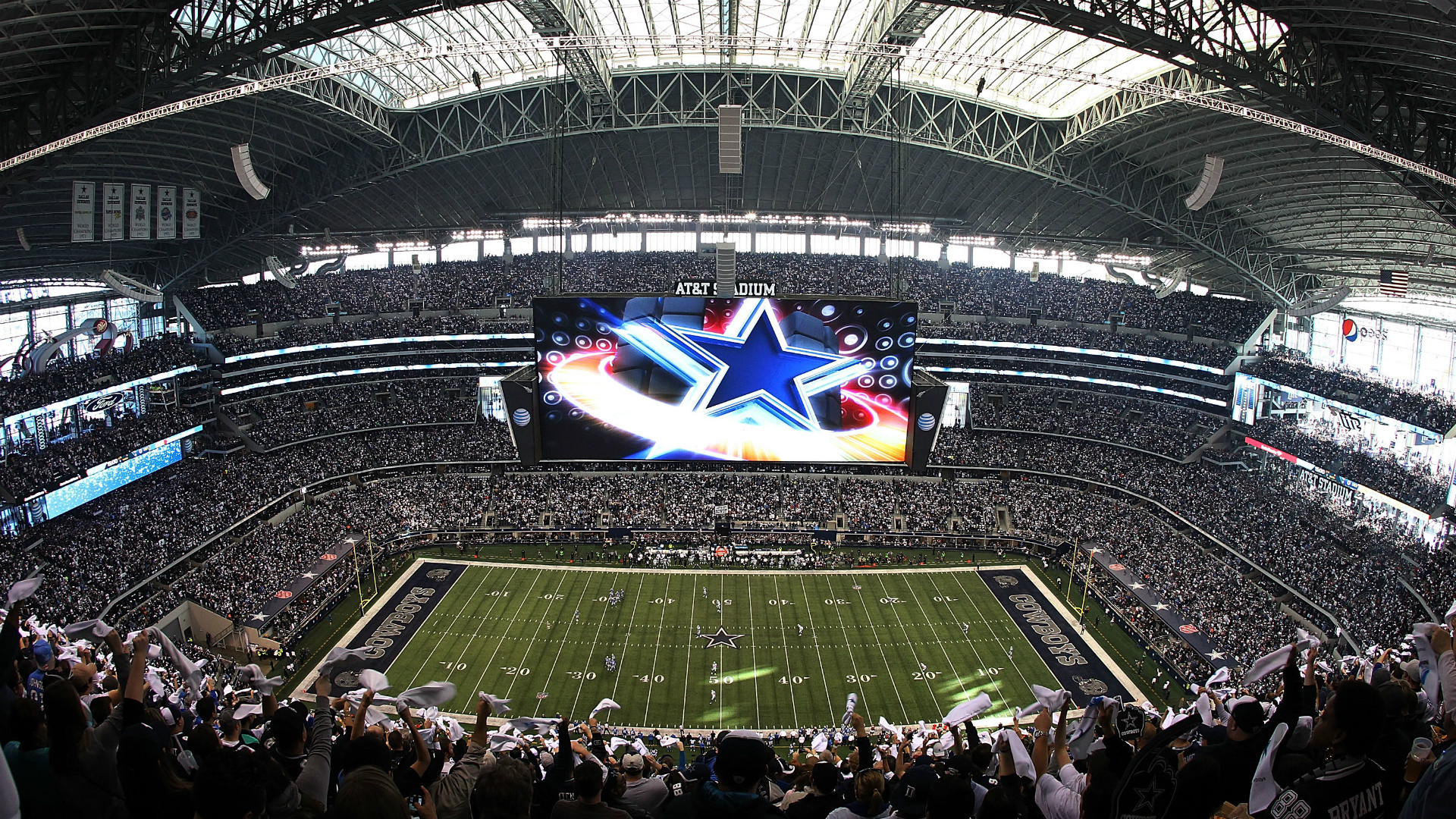
City: Arlington, Texas
Capacity: 100,000
Games: Semifinal
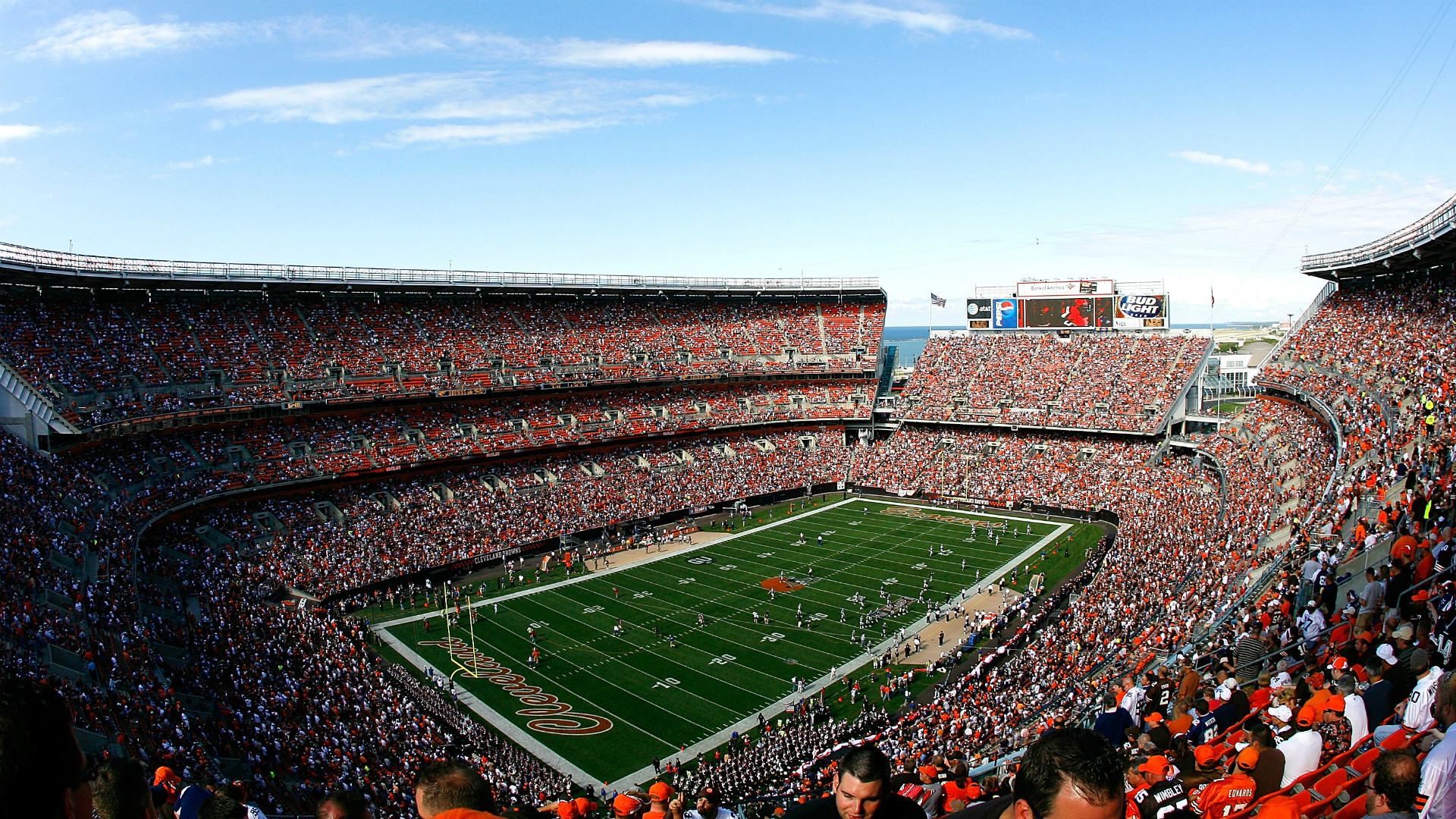
City: Cleveland, Ohio
Capacity: 67,431
Games: Group B (matchday two)
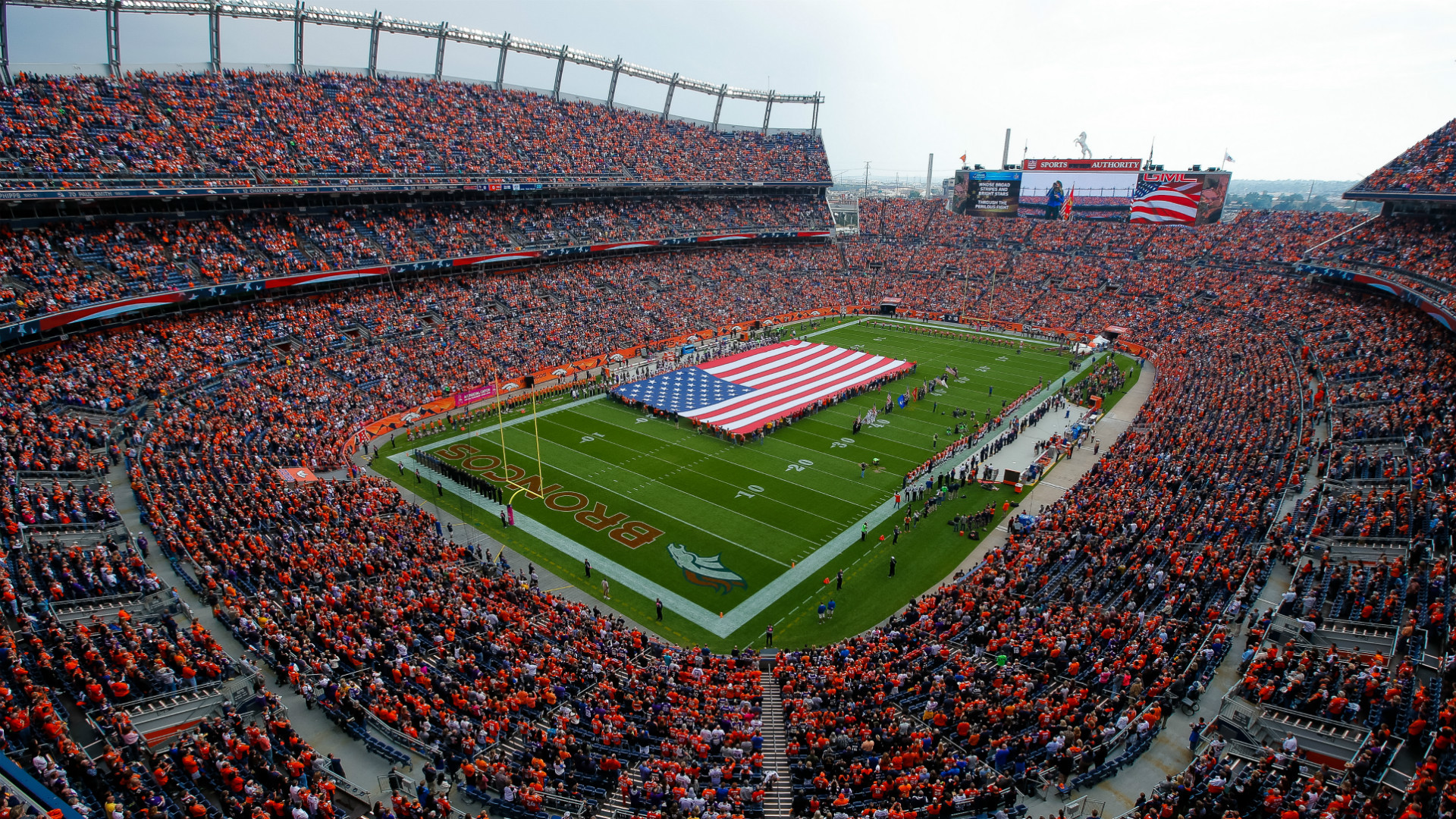
City: Denver, Colorado
Capacity: 76,125
Games: Group C (matchday two)
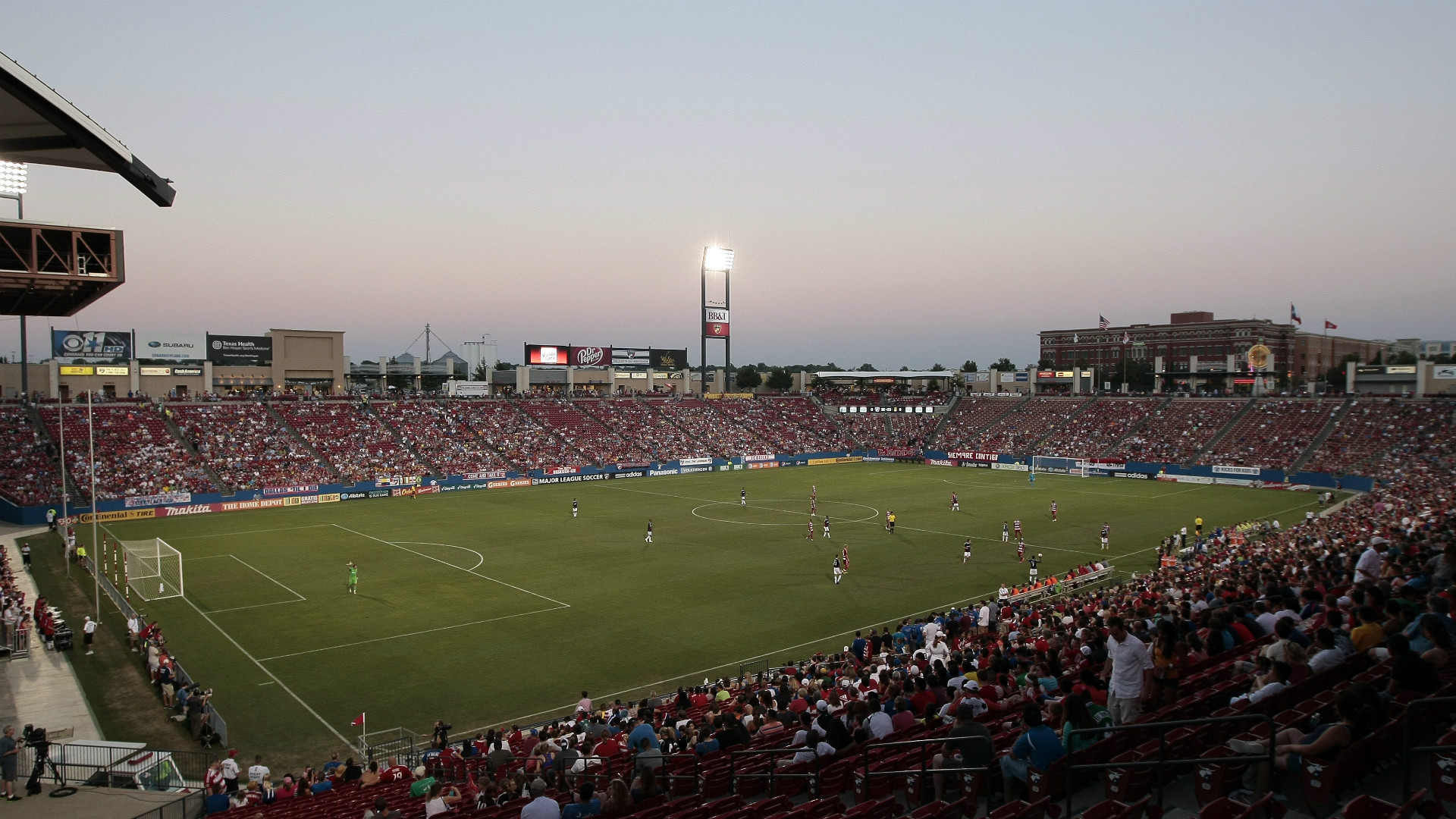
City: Frisco, Texas
Capacity: 16,000
Games: Group A (matchday three)
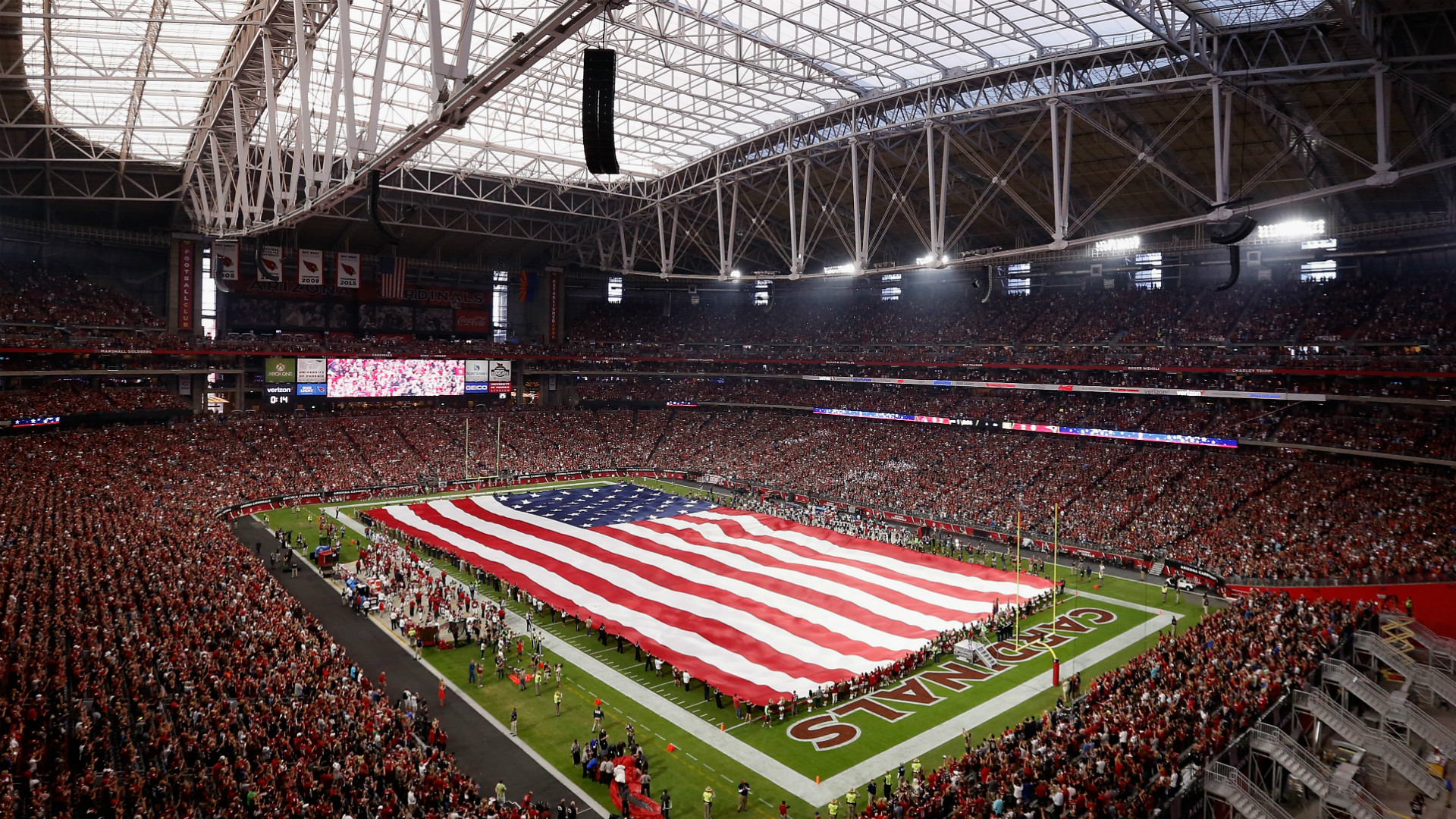
City: Glendale, Arizona
Capacity: 63,400
Games: Quarterfinals (matchday two)
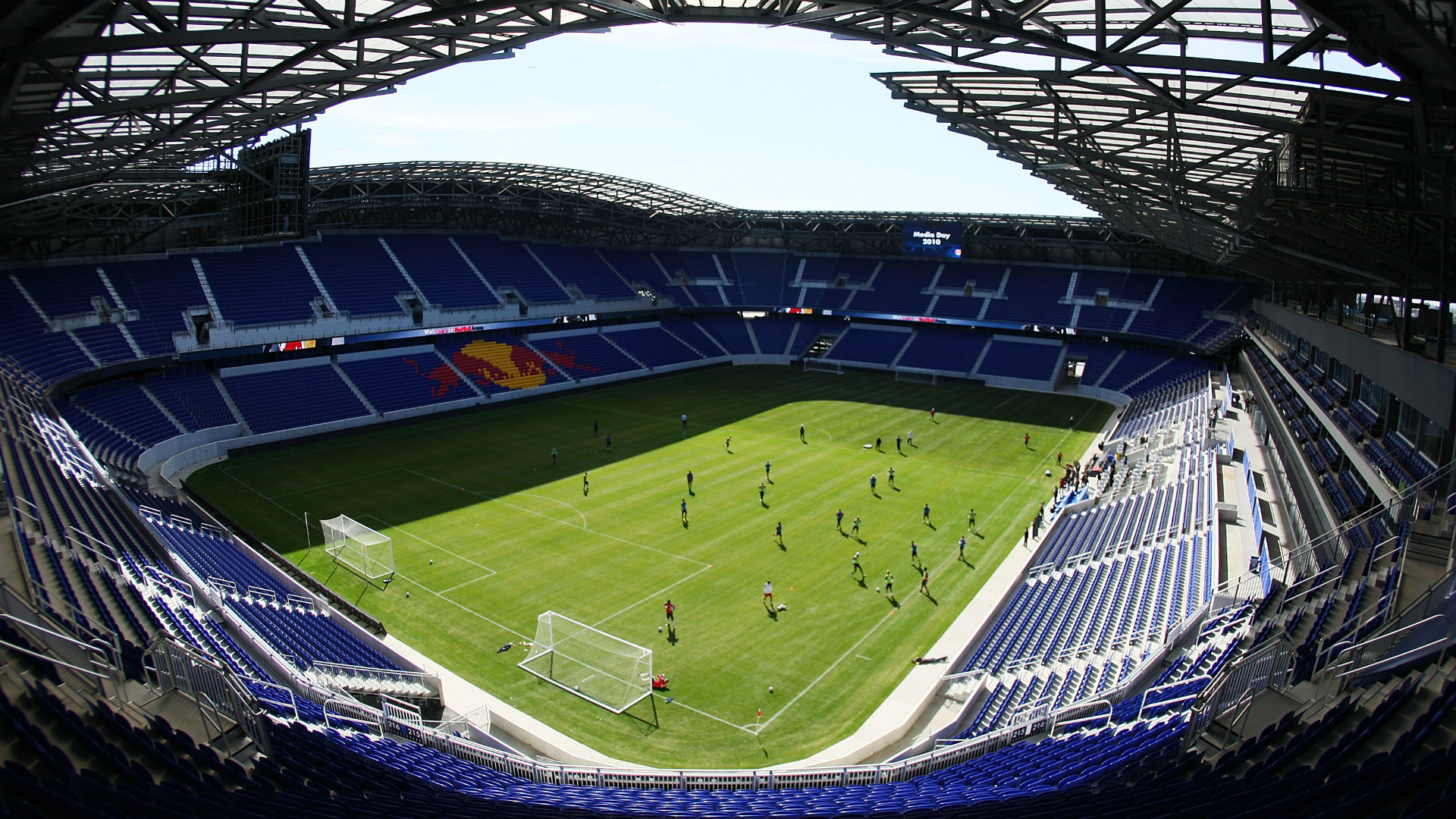
City: Harrison, New Jersey
Capacity: 25,000
Games: Group A (matchday one)
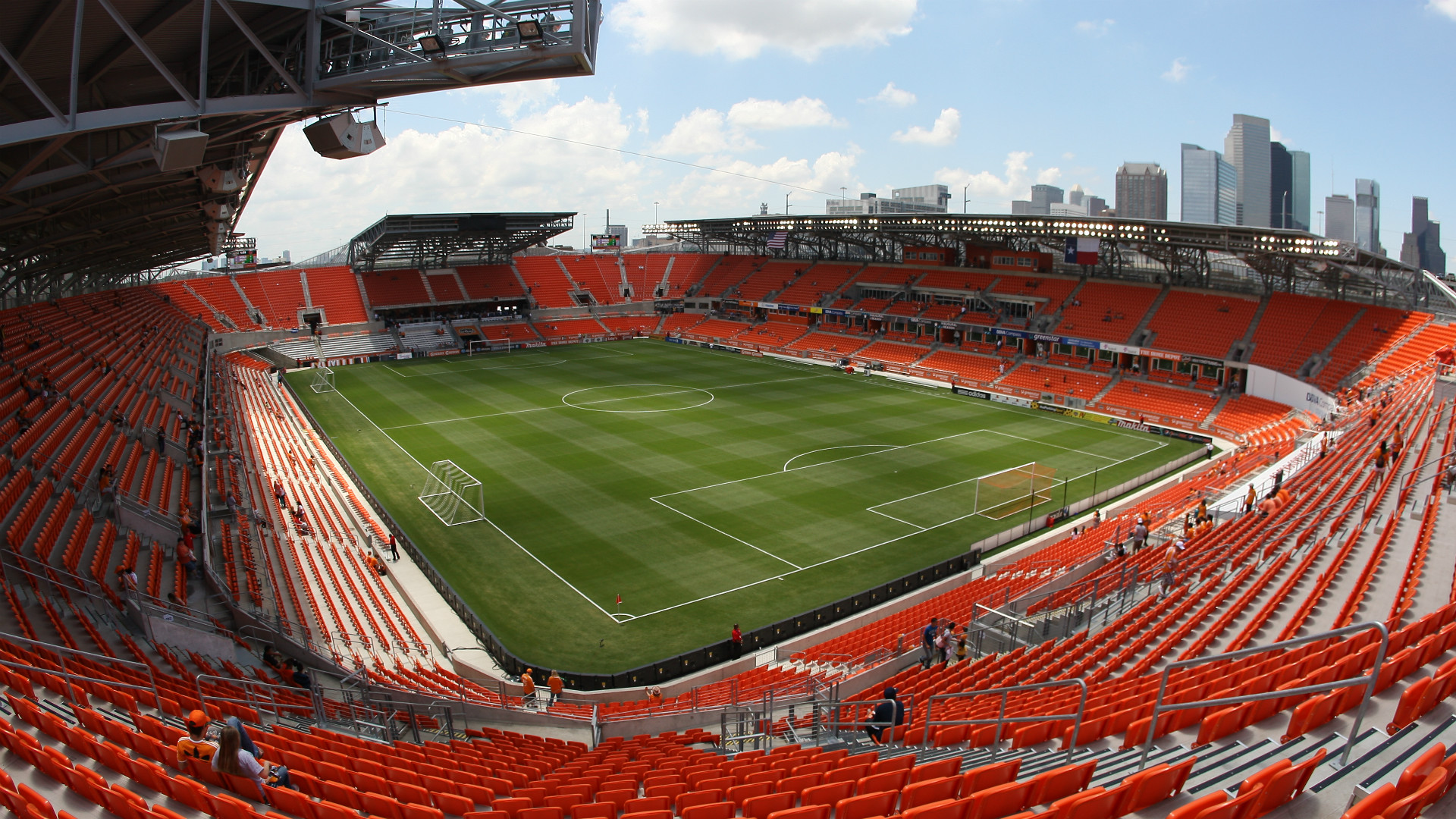
City: Houston, Texas
Capacity: 22,000
Games: Group A (matchday two)
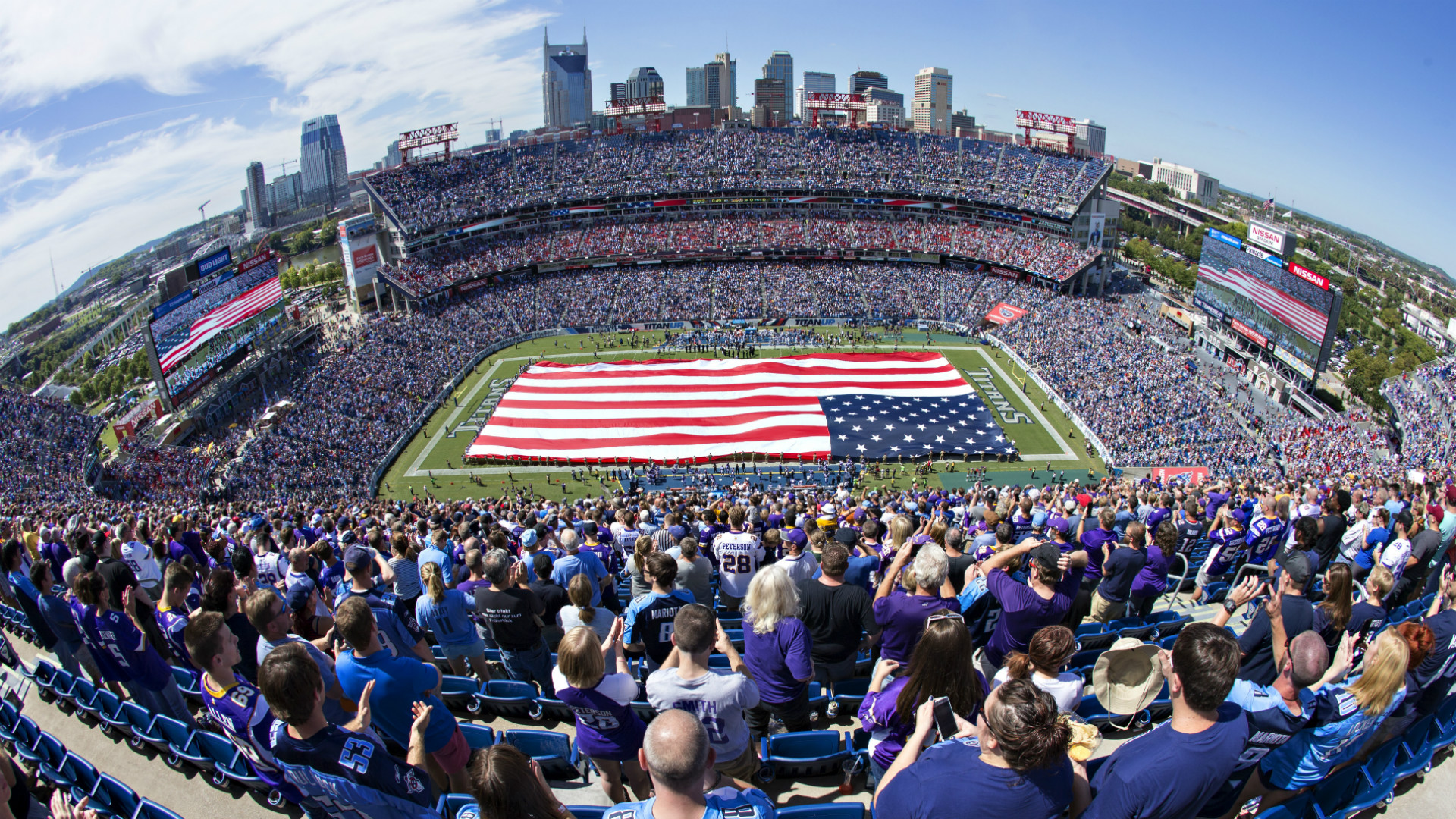
City: Nashville, Tennessee
Capacity: 69,000
Games: Group B (matchday two)
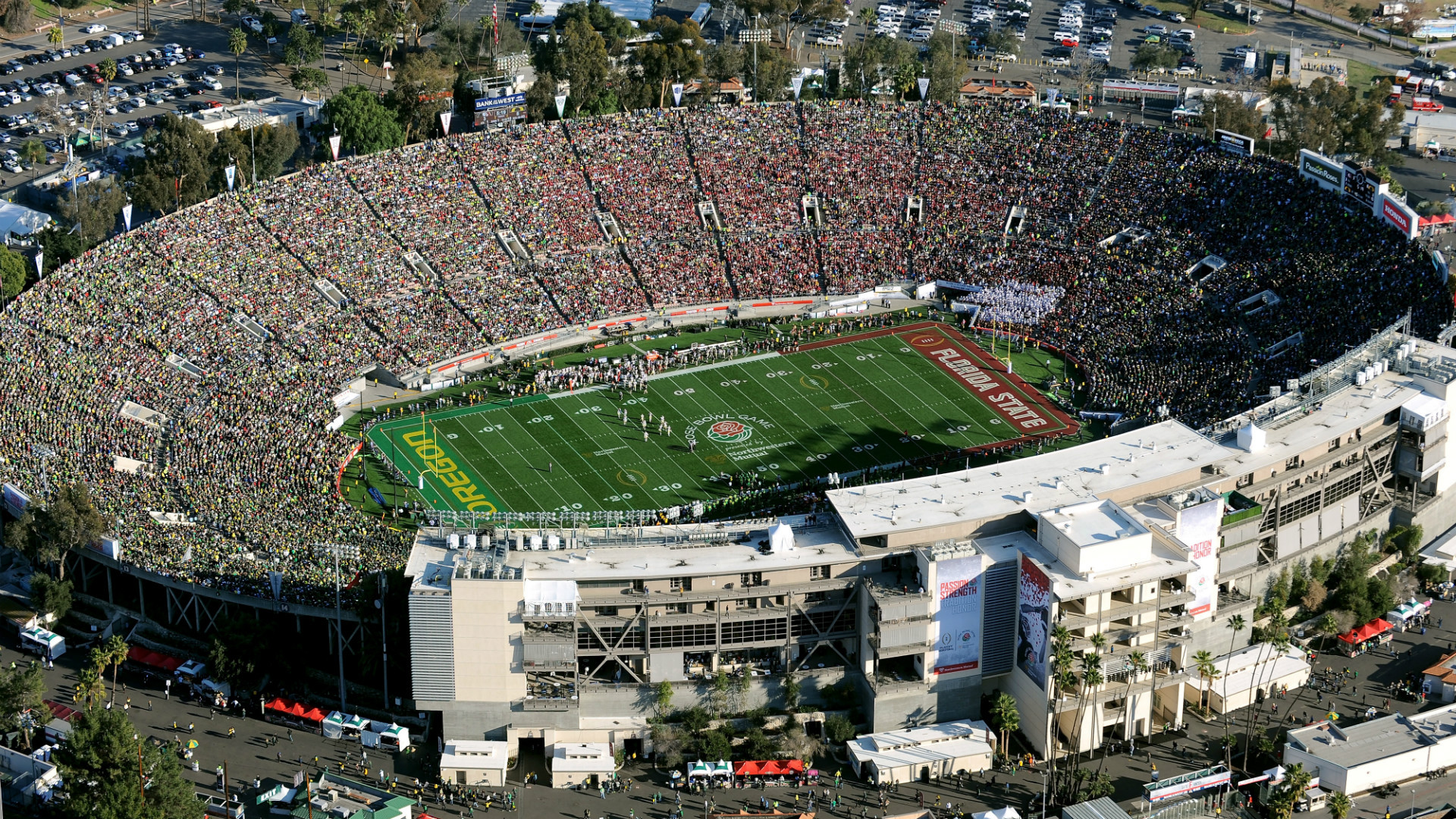
City: Pasadena, California
Capacity: 90,000
Games: Semifinal
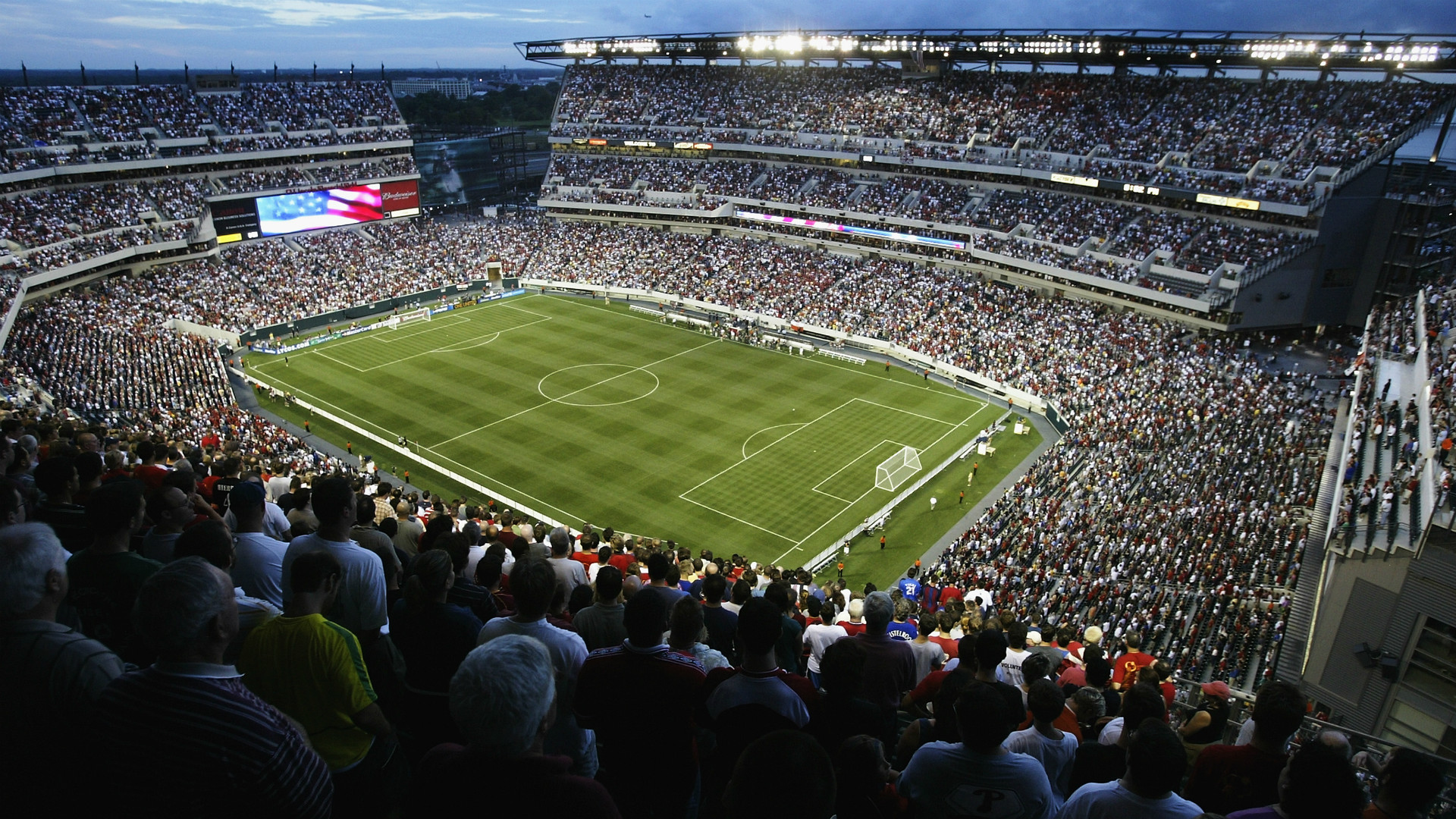
City: Philadelphia, Pennsylvania
Capacity: 69,596
Games: Quarterfinals (matchday one)
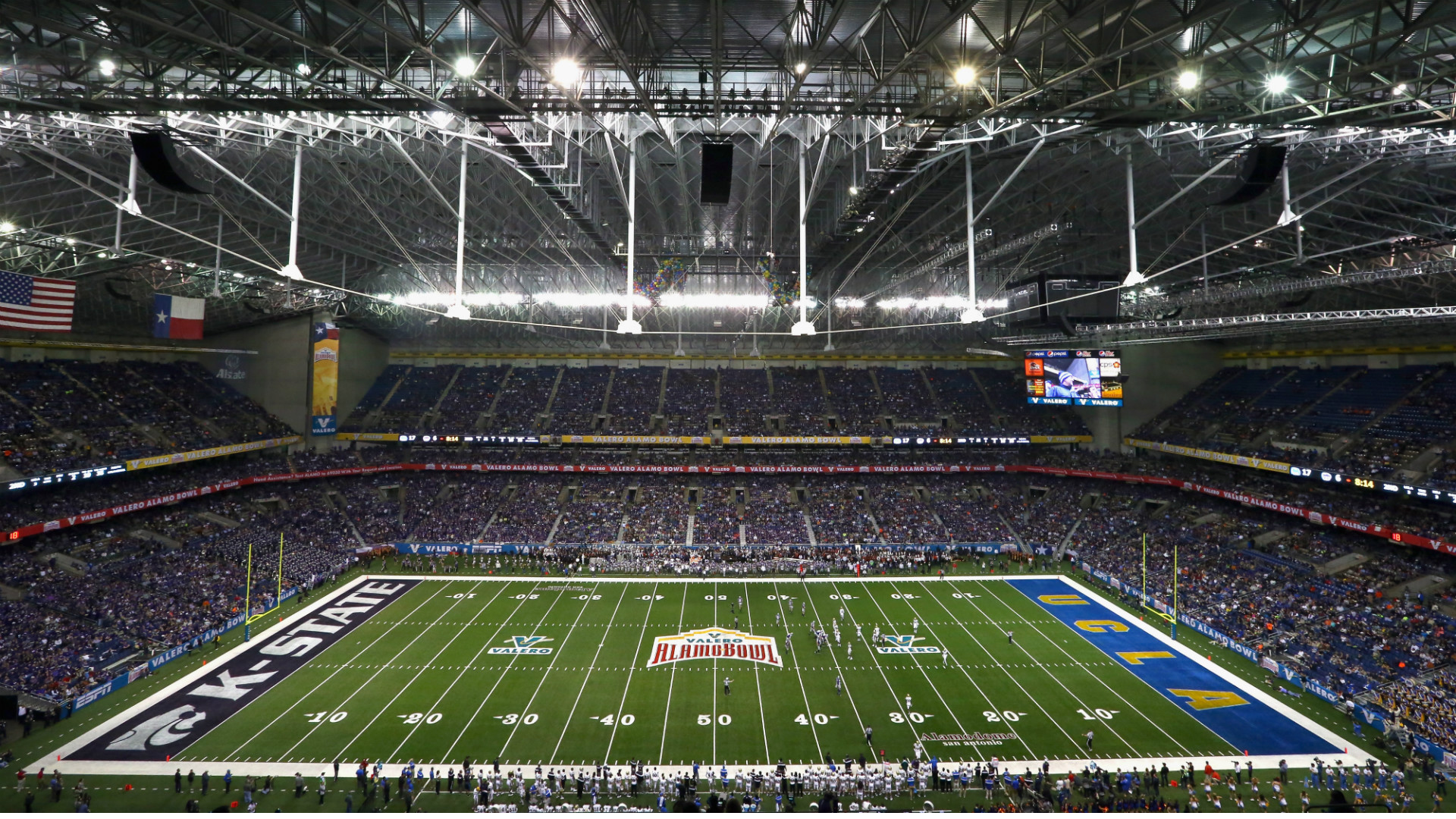
City: San Antonio, Texas
Capacity: 65,000
Games: Group C (matchday three)
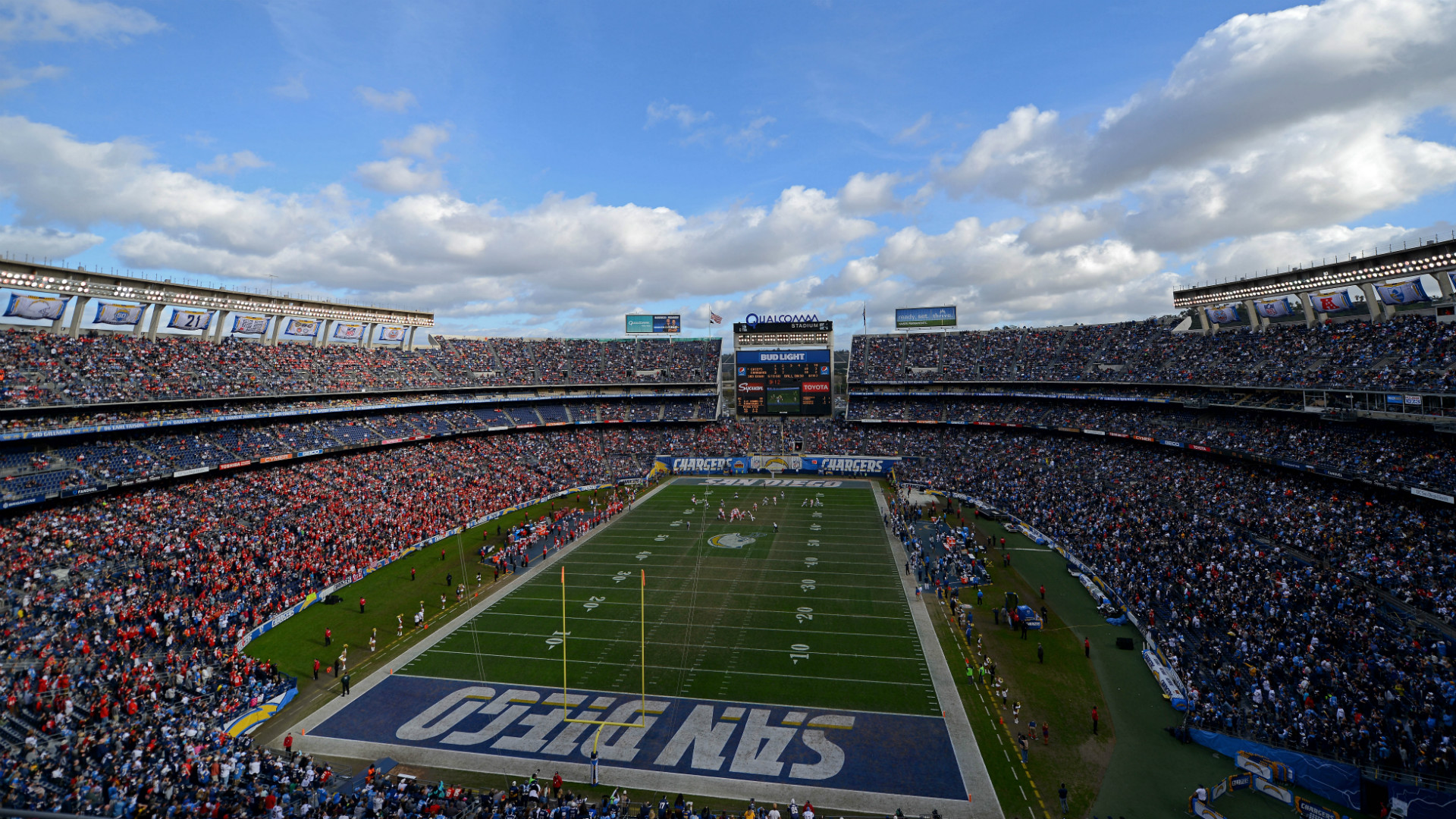
City: San Diego, California
Capacity: 70,561
Games: Group C (matchday one)
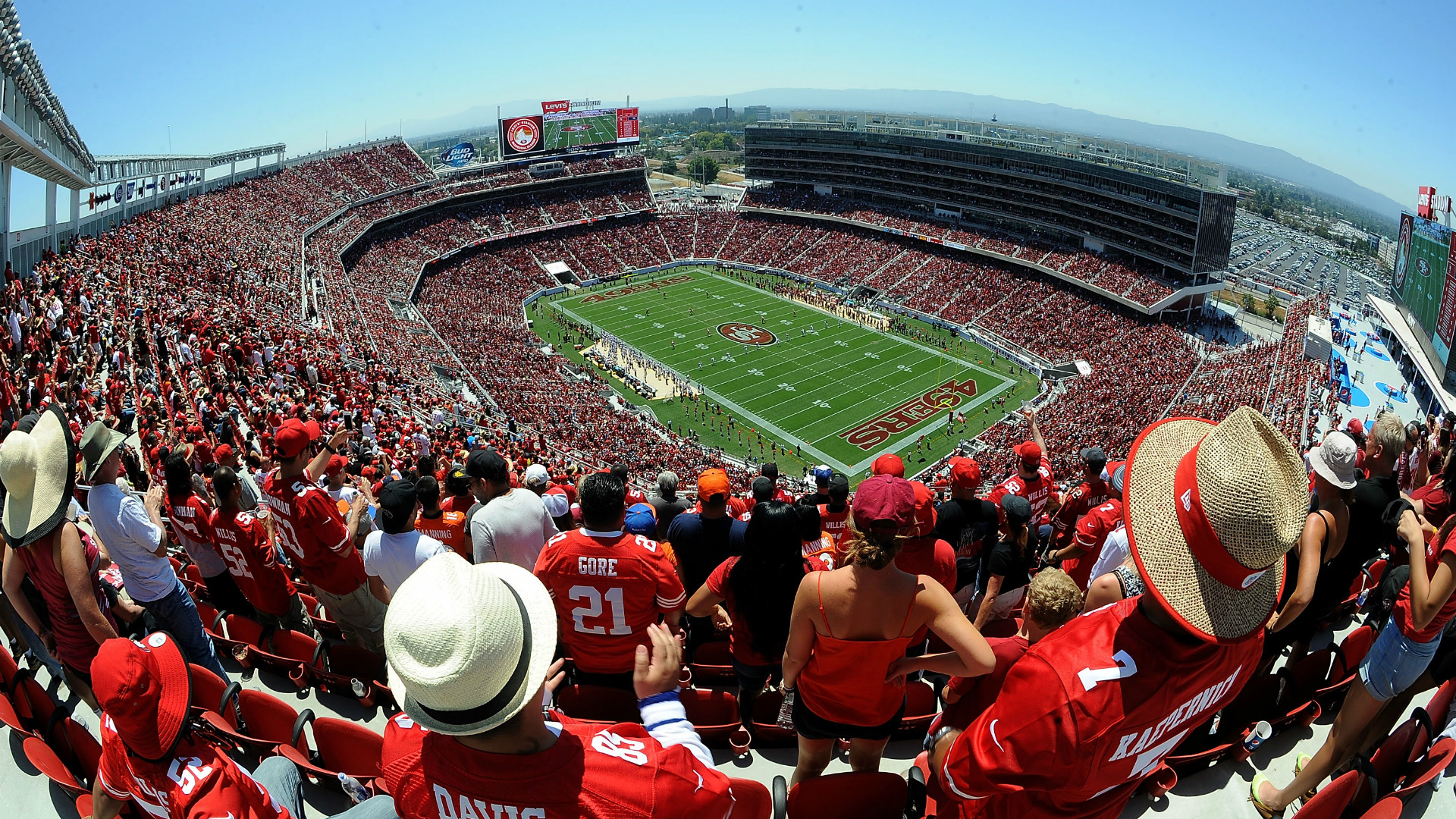
City: Santa Clara, California
Capacity: 68,500
Games: Final
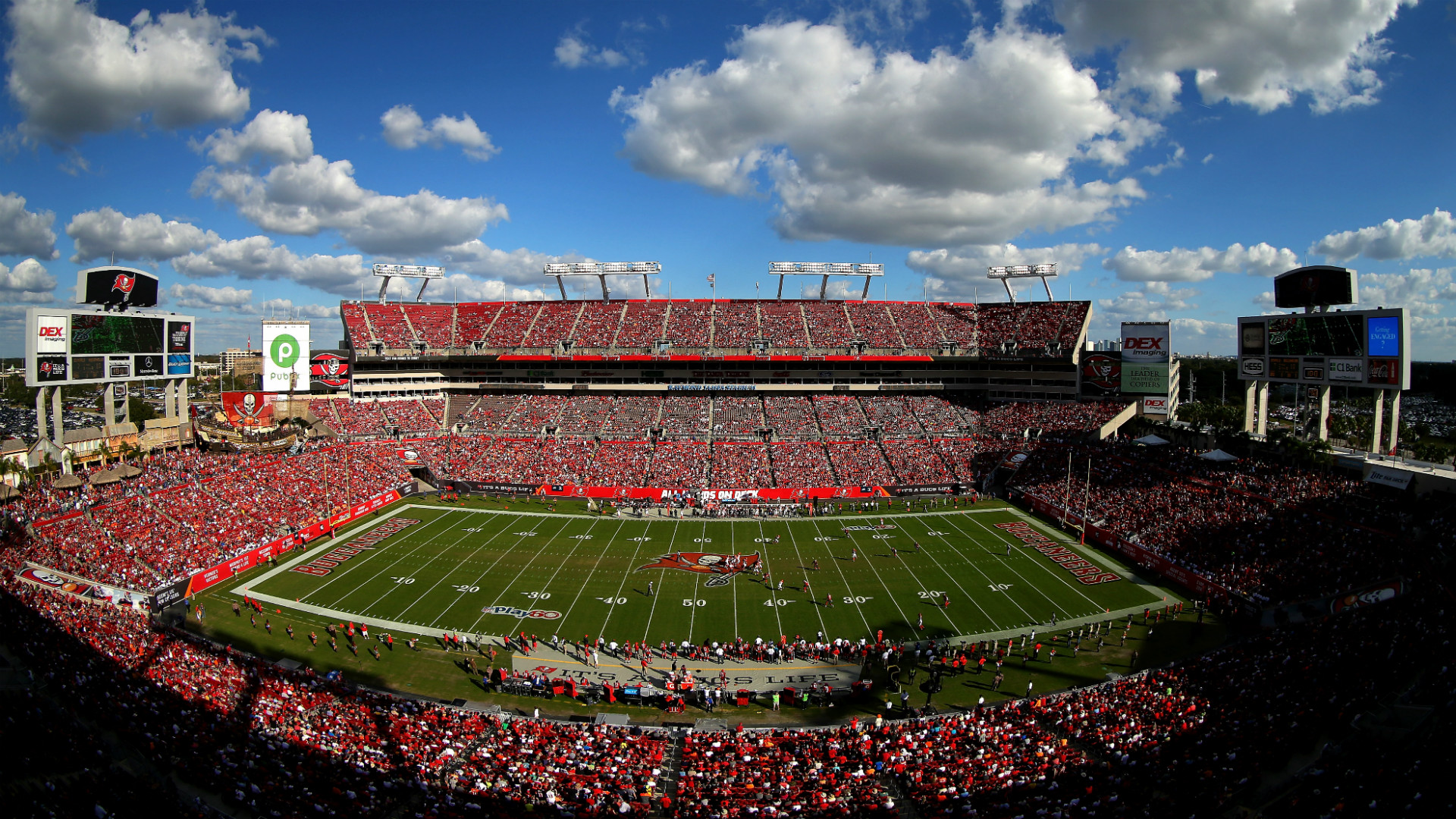
City: Tampa, Florida
Capacity: 65,890
Games: Group B (matchday two)
- 消息参考来源: GOAL
- 严禁商业机构或公司转载,违者必究;球迷转载请注明来源“懂球帝”
- 懂球帝社区规范:抵制辱骂
-
Rangel’s record a concern for Mexico running up to the World Cup
2025-09-10 21:55
-
普利希奇:我与波切蒂诺关系良好,没有报道的那些矛盾
2025-09-10 19:19
-
2026 World Cup dates, venues, host cities and schedule for the tournament
2025-09-10 17:22
-
2026 World Cup dates, venues, host cities and schedule for the tournament
2025-09-10 17:22
-
2026 World Cup dates, venues, host cities and schedule for the tournament
2025-09-10 17:22

